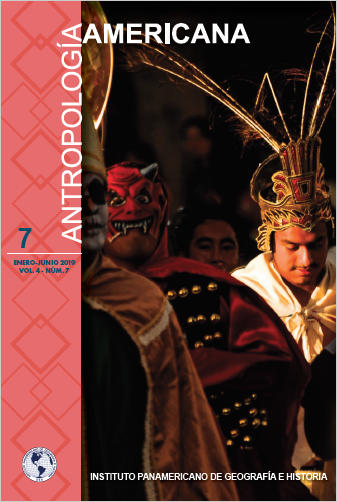Ethnographical notes on indigenous mining resistors: from crime committed to committee crime
Main Article Content
Abstract
Four hours of road after San Cristóbal de Las Casas, we arrive at Chicomu-selo, almost on the border of Mexico with Guatemala. We are in warm weather: the cornfields and the pastures are interspersed with small coffee and banana orchards. I am accompanied by two journalists from the state television network of Radio-Canada. Why our visit to a municipality that is outside the great tourist destinations? Because right here, ten years ago, Mariano Abarca, who was fighting the destruction of a Canaan-Diense miner, Blackfire Explorations, was killed when he left the small family restaurant. For more than a year he had been the leader of the opposition to the open pit exploitation of a barite mine. The entry into operation of Blackfire (accelerated thanks to the procedures of the Canadian embassy in Mexico) had led to the eviction of two hundred families from the ejidos of Greece and New Morelia, which were relocated to land unsuitable for agriculture. The mine had hired only 25 men, despite initial promises (Ballesteros, 2009). Mining waste contaminated the river, near Nueva Morelia. Already in 2008, significant tensions appeared between the company and the ejidatarios of New Morelia on whose lands the access road to the mine had been traced.
Downloads
Article Details
-
Abstract793
-
PDF (Español)689
-
HTML (Español)180
-
ePub (Español)419

